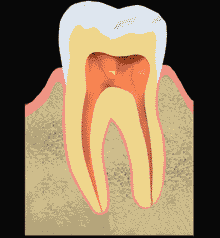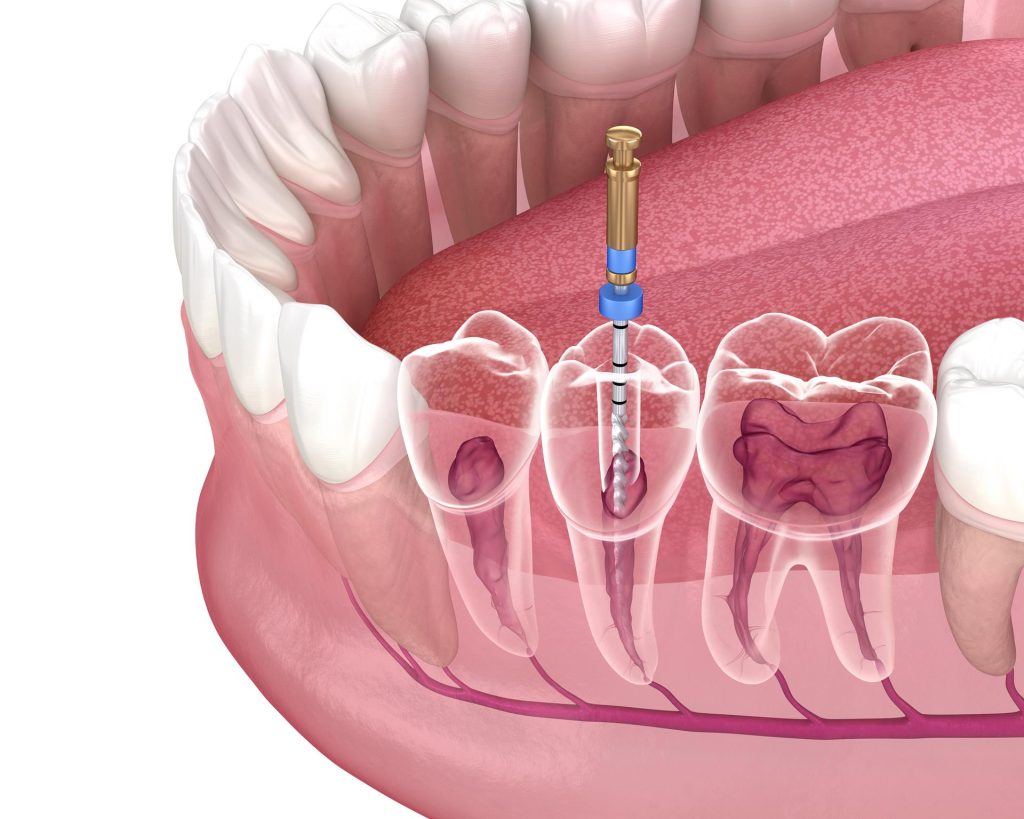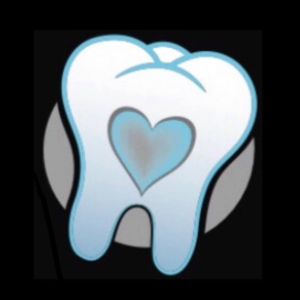

Root Canals
A root canal is one of the most common dental procedures performed, well over 14 million every year. This simple treatment can save your natural teeth and prevent the need of dental implants or bridges. For more information on root canal therapy in our office at Nashua, NH, please give us a call at (603) 881-8844.
At the center of your tooth is pulp. Pulp is a collection of blood vessels that helps to build the surrounding tooth. Infection of the pulp can be caused by trauma to the tooth, deep decay, cracks and chips, or repeated dental procedures. Symptoms of the infection can be identified as visible injury or swelling of the tooth, sensitivity to temperature or pain in the tooth and gums.
Learn More

Endodontic Retreatment
Endodontics is the branch of dentistry focused on the dental pulp and the tissues surrounding the roots of teeth. Endodontists are referred to as specialists in saving teeth because they are committed to helping patients maintain their natural smile for life. Endodontists are in fact dentists, but they have also completed additional years of training beyond dental school. This additional education is concentrated on preserving natural teeth through highly specialized dental procedures such as root canals or endodontic retreatments.
request an appointment

Pulp Regeneration
Here at R. Susan Horsley Endodontics , we are proud to offer pulpal therapy for your child.
Pulp is found at the very center of every single tooth. Because of its location, we are not actually able to see it.
The main goal of pulpal therapy (also known as pulp therapy) is to save a tooth that is becoming infected. Even though baby teeth eventually leave the mouth, this therapy is in place so that children can keep their baby teeth as long as possible to be able to eat properly.
Having injured or infected pulp can be extremely painful. The pain typically does not go away on its own, and so it is important to seek out treatment as soon as possible. Some of the signs of infected pulp are unexplained pain in the mouth, pain during the night, sensitivity to warm and cold temperatures, and swelling or redness around the tooth.
Prior to having pulpal therapy, the dentist will take X-rays of the area to ensure that the treatment is necessary. This will also determine how much damage has been caused.
There are two different types of pulpal therapy. The first type is a pulpotomy. This is when the pulp root is unaffected by the injury or decay. The dentist may leave the healthy part alone and only remove the affected pulp around the tooth. The second type is a pulpectomy. This is when the tooth has been affected more. Typically, a dentist performs this when the entire tooth, including the root, is infected. The dentist will remove the pulp, cleanse the root canals, and then pack the area with biocompatible material.
If you have any questions about pulpal therapy, don’t hesitate to reach out to us at (603) 881-8844.
request an appointment